One man may have changed the course of history when he found an international spy ring and hacker online.
And while this story is wild enough as it is, it’s especially incredible as the entire operation was found and shut down thanks to a 75-cent accounting error.
Clifford Stoll Looked Into a Small Discrepancy
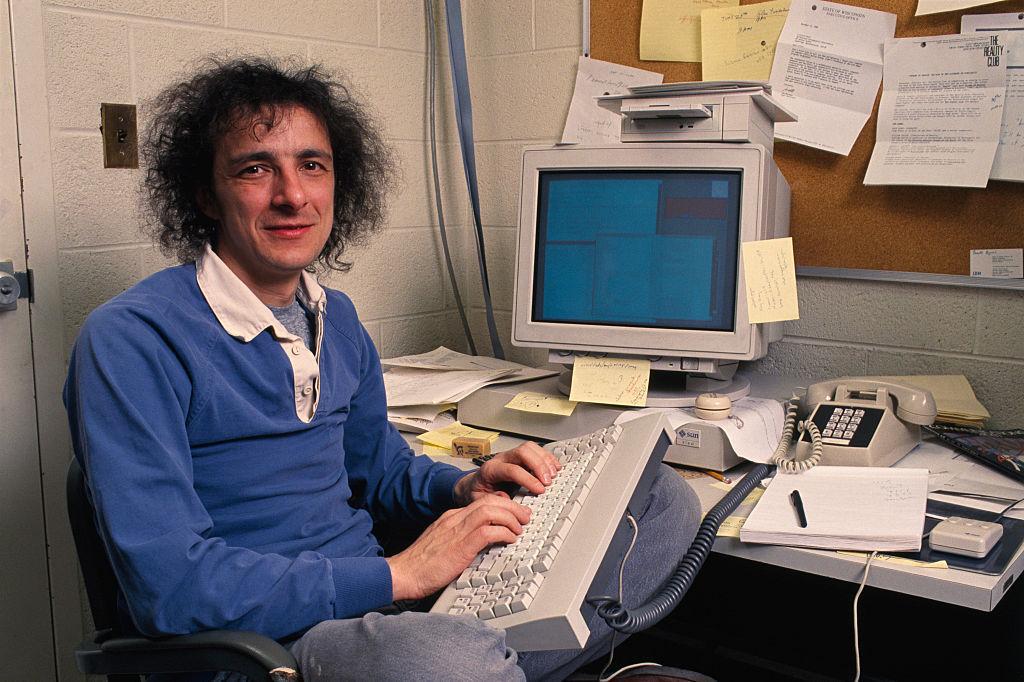
In 1986, astronomer Clifford Stoll was working at Lawrence Berkeley Laboratory in California.
One day, his manager asked him to look into a small but strange discrepancy: The computer system accounts were off by 75 cents.
It Wasn’t a Clerical Error

Of course, Stoll expected to find a rounding or other clerical error to account for the 75-cent difference, but that’s not what he found at all.
Instead, while working in the laboratory, he found that someone could have broken into their computer system.
The Tracking Begins
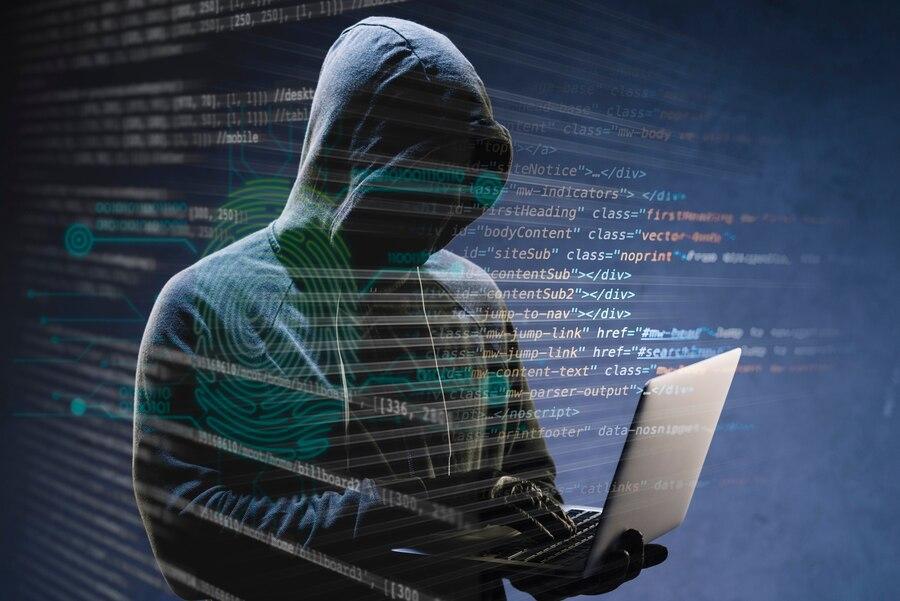
First, Stoll was able to track the hacker to a computer at MIT, the Massachusetts Institute of Technology, in Boston. However, he quickly realized that the hacker was only using the MIT server as a jumping-off point, not working directly from it.
Stoll then dug even deeper and began following the hacker’s moves; he found out that the cybercriminals, who called themselves “Hunter,” were after information about the country’s military and security.
“Hunter” Had Already Breached the Servers

Clifford Stoll also realized that “Hunter” had successfully infiltrated the national military servers and was searching for specific information by entering keywords such as SDI, biological warfare, and nuclear.
Of course, Stoll informed the FBI of what he found, but he said that the organization rebuffed his worries and said it was likely just a young prankster or hobbyist.
The FBI Was Seriously Wrong
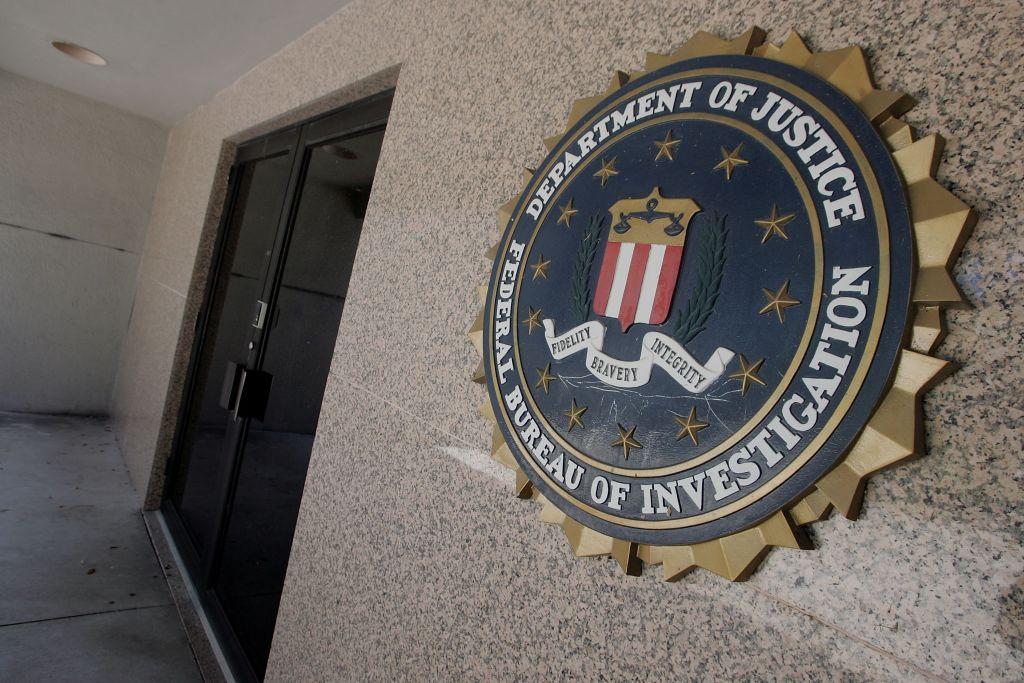
Stoll knew that the FBI was wrong, and he decided that it fell to him to find out who this hacker was and, hopefully, how to stop them.
And the story goes that it was actually his girlfriend who gave him the idea that would eventually lead the FBI to admit to their grave mistake.
Stoll’s Girlfriend’s Great Idea
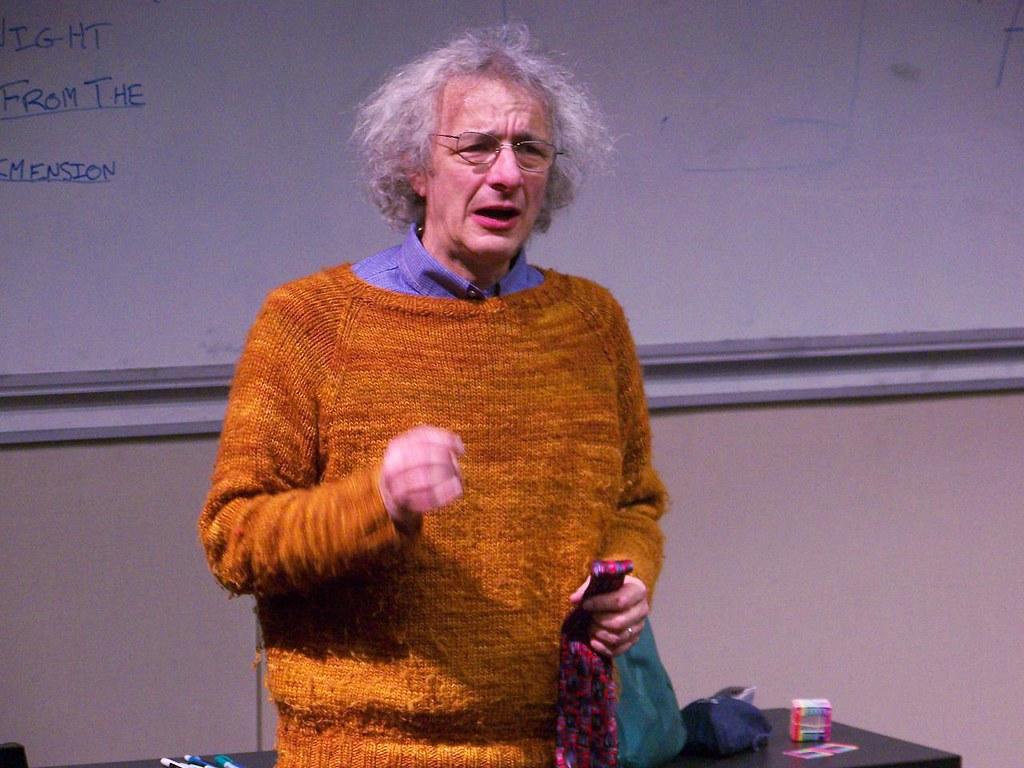
She told Stoll that he should set a trap for the hacker by making a fake military data network, hoping to draw the hacker in and then be able to trace his location.
Stoll named the network SDI Net and patiently waited for the hacker to find it. Luckily, “Hunter” took the bait and spent hours reading the false material Stoll had uploaded to the network.
Two Hours Later, Stoll Had a Location
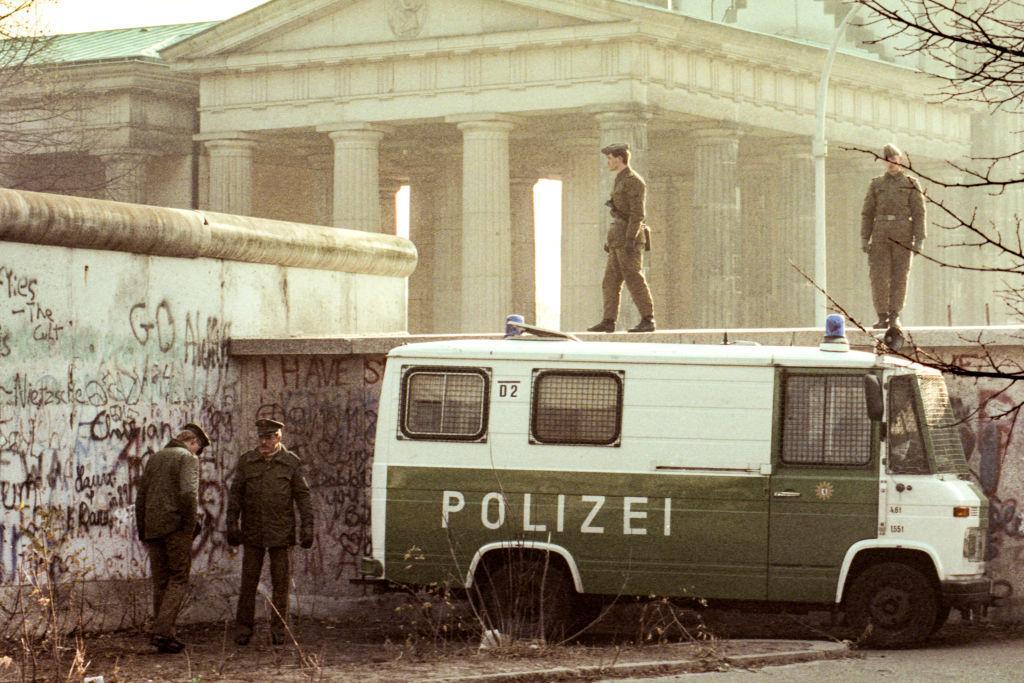
While “Hunter” searched the SDI Net for two hours, Stoll was able to find his location: Hanover, West Germany.
Stoll called the German authorities, and, luckily, they agreed to help. After a successful investigation and sting operation, they found “Hunter” and realized he was no prankster.
“Hunter” AKA Markus Hess

German police found that “Hunter” was actually a 25-year-old computer science student named Markus Hess.
But that wasn’t the end of it; they also found out that Markus was part of a much larger spy ring, which included several other hackers working for the KGB.
Selling Information to the Soviet Union

It also became clear that Markus and the rest of the hackers had been selling the information they found on the U.S. military networks to the Soviet Union; at the time, they had made more than $50,000.
And in the late 1980s, the relationship between the two countries was extremely tumultuous, and many even assumed they would soon enter into a nuclear war, so this information was especially terrifying for Americans.
Markus Hess Went to Jail for His Crime
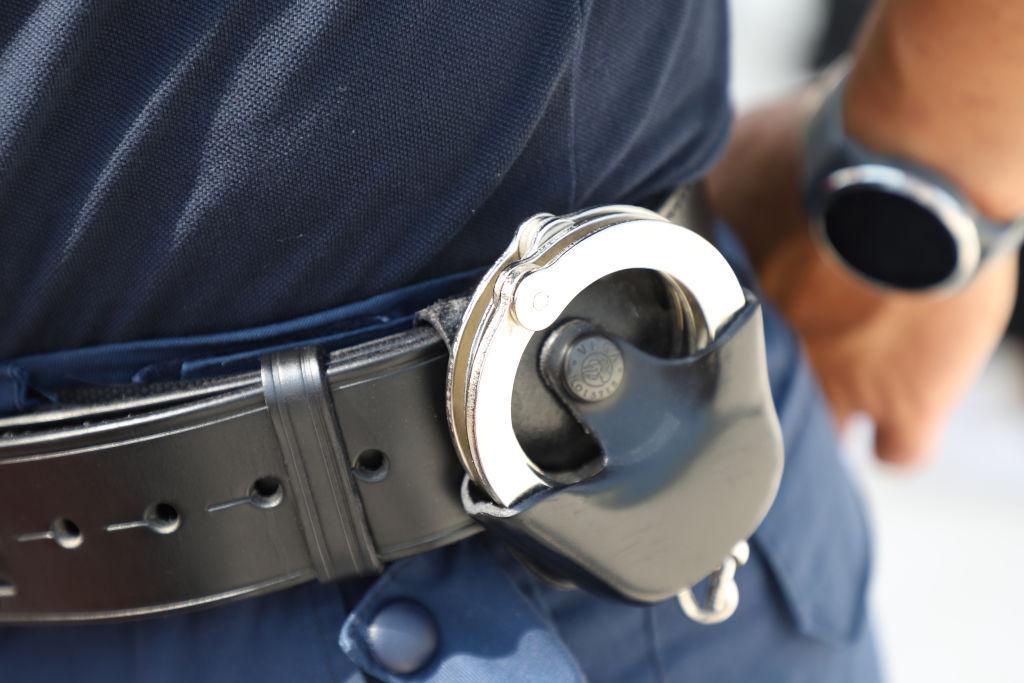
Of course, Markus Hess went to jail for his crimes against the United States government, as well as several other of the spies he worked with.
Today, not everyone knows the name Markus Hess, but those who are interested in cybercrime and hacking certainly remember the name Clifford Stoll.
Clifford Stoll: Cyber Hero

Clifford Stoll’s dedication, effort, and intelligence cannot be denied. Even after the FBI denied his help, he continued his work on his own dime to track down and find someone he knew was a criminal.
It’s impossible to say what would have happened if Hess had been able to collect more valuable security information for the Soviets. But it is possible to say a nuclear war may have actually happened without Clifford Stoll’s work.
